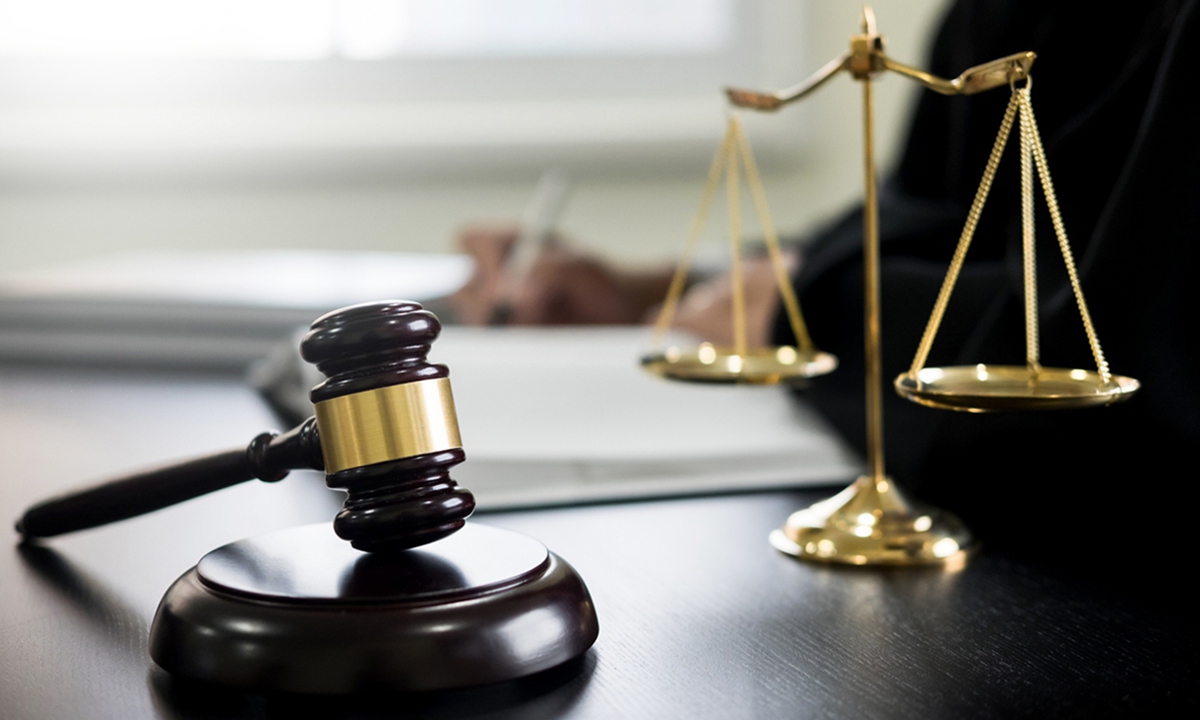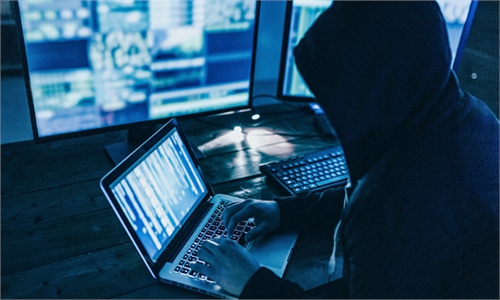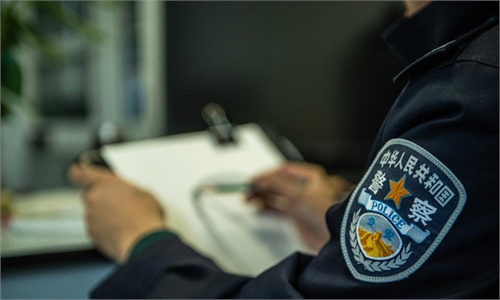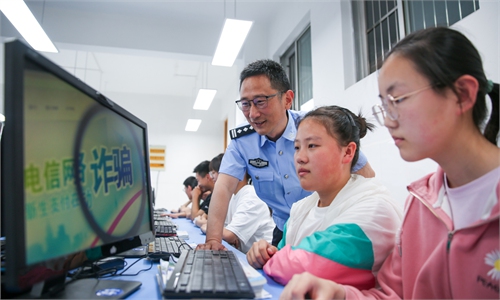China’s top court vows to combat eavesdropping, illegal recordings, dismantle underground industrial chain

Photo: VCG
The Supreme People's Court (SPC) on Wednesday released several cases regarding the prosecution of crimes related to the illegal production, sale, and use of eavesdropping and surreptitious recording equipment, showing a clear stance on cracking down on the underground industrial chain behind such activities.
The SPC revealed that some offenders installed eavesdropping and recording devices in hotels, guesthouses, and other locations to spy on unknowing guests and patrons. In some cases, they provided internet links for others to view these recordings in real time or produced images, audio, and videos for sale and distribution, according to Xinhua News Agency.
Others used such devices for illegal activities such as unauthorized investigations, blackmail, and cheating in gambling, seriously infringing upon people's information security and privacy. Additionally, some offenders had illegally manufactured and sold these devices, fueling their proliferation in society and exacerbating the issue of illegal recording, the SPC said.
In one case, from April 2021 to January 2022, a defendant surnamed Shi, together with accomplices, installed hidden recording devices in hotel rooms to secretly film guests engaging in sexual activities. They produced videos and sold them online, earning over $40,600 in illegal income.
Shi was responsible for installing the devices, processing the videos, and providing them for sale, while other accomplices assisted with installing the equipment and provided bank accounts to collect the illegal income.
The People's Court of Wuxing district in Huzhou, East China's Zhejiang Province, ruled that Shi and his accomplices had committed the crime of producing and selling obscene materials for profit. The primary offenders were sentenced to prison terms ranging from 10 years to one year and six months, and fines ranging from $42,000 to $1,400.
"This case exemplifies the court's commitment to cracking down on the underground industrial chain of surreptitious recording," the SPC said, adding that private life, confidential spaces, activities, and information of individuals are legally protected and must not be violated.
"Current laws impose strict legal constraints on the production, sale, and use of eavesdropping and surreptitious recording devices. These devices are often regarded as spy equipment and require special permission for production and sale," Zhu Wei, vice director of the Communication Law Research Center at the China University of Political Science and Law, told the Global Times.
"Many of the devices on the market are not inherently illegal. However, if these devices are used to create eavesdropping devices and tutorials on how to assemble them and are shared on social media, it constitutes an illegal act," said Zhu. "Therefore, the SPC's stringent regulations target not only the devices themselves but also the dissemination of criminal methods."
In another case, two defendants purchased hidden recording devices and installed them across a number of hotel rooms. They remotely viewed guests' private videos through a mobile app and saved and distributed the footage. They were convicted of the crime of illegally using specialized eavesdropping and recording equipment.
Additionally, such devices often lead to secondary crimes. In a case, modified cameras were sold for cheating in gambling.
An SPC spokesperson said that these cases expose the illegal recording industry and remind the public to stay vigilant and guard against privacy breaches in daily life, according to Xinhua.
While promoting awareness of privacy protection among the public is important, it is necessary to break the root cause of these illegal actions by cracking down on the industrial chain and banning illegal groups, in order to curb the spread of surreptitious recording and eavesdropping, Zhu said.
The SPC will enhance efforts to combat and manage crimes related to the illegal production, sale, and use of eavesdropping and recording equipment and remain committed to dismantling the underground industrial chain of surreptitious recording, safeguarding the rights and interests of the people, and maintaining social order.



